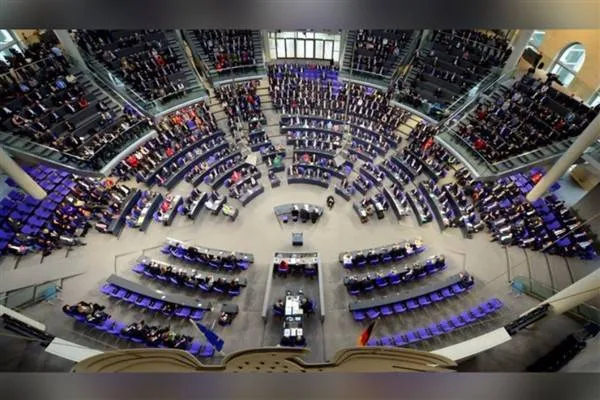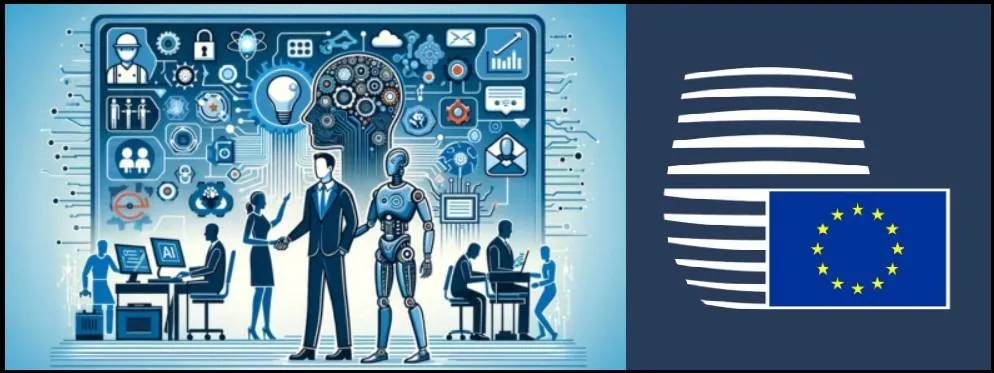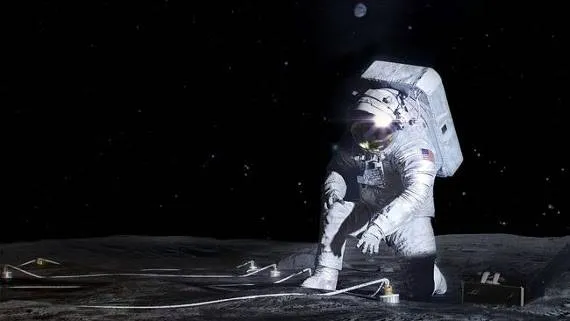Early Parliamentary Elections Are Being Held in Germany Today
Berlin, 23 February (Hibya) – Today, elections for the Bundestag (the parliament of the Federal Republic of Germany) are being held in all German states.
Voting will begin at 08:00 local time. German citizens will vote for a specific candidate and for a party contesting seats in the Bundestag.
The voting will continue until 18:00, and exit poll results are expected to be announced immediately after the polls close. Germans will also cast their votes by mail.
Out of the 41 parties officially recognized by the German Federal Election Commission, 29 will participate in the upcoming Bundestag elections. The Bundestag website announced that the Social Democratic Party (SPD), the Greens, the Free Democratic Party, Alternative for Germany (AfD), The Left, Free Voters, Volt, the Marxist–Leninist Party, the Germany Alliance, and the Sahra Wagenknecht Association will field candidates in all 16 federal states. The Christian Democratic Union (CDU) is contesting in all states except Bavaria, while the Christian Social Union (CSU) is contesting only in Bavaria.
After the election results, the German Chancellor will be elected by Parliament. It is expected that the race for the chancellorship will include Friedrich Merz (CDU/CSU), Olaf Scholz (SPD), Robert Habeck (the Greens), and Alice Weidel (AfD).
The latest Politbarometer survey showed that the CDU/CSU alliance is the most popular, with about 28% of respondents supporting it. The right-wing AfD came in second with 21%, while the SPD received 16% support, the Greens 14%, The Left 8%, the Free Democratic Party (FDP) and the Sahra Wagenknecht Alliance 4.5%, and the remaining parties 4%.
According to the results, 32% of respondents want CDU/CSU leader Merz to be the new chancellor, 21% prefer the Greens’ co-leader Habeck, 18% favor Scholz, 14% support AfD co-leader Alice Weidel, and 15% remain undecided.
In contrast, a survey conducted by the Forsa research institute indicated that the popularity of CDU/CSU is 28%, AfD 21%, SPD 15%, the Greens 13%, and The Left 8%.
Merz advocates a significant increase in Germany’s defense spending and military aid to Ukraine. Scholz is more cautious about arms supplies and seeks diplomatic solutions to international conflicts. Habeck agrees with Merz on continuing military aid to Kiev, but criticizes Scholz's approach to tightening immigration policies. Known for her anti-immigration stance, Weidel criticizes the policy of supporting Ukraine and calls for a reassessment of the country’s relations with the European Union.
Sahra Wagenknecht, the former leader of The Left and a chancellor candidate, also does not support providing military aid in the form of arms supplies to Ukraine. She criticizes NATO’s policy and believes that Germany should not follow this path or support sanctions against Russia. She has repeatedly pointed out that the West broke its promise not to expand NATO after the Cold War, which contributed to the escalation of the situation.
On domestic policy, Scholz plans to impose higher taxes on high-income earners while reducing VAT on essential food items. Merz’s program includes tax cuts for all segments of the population and support for entrepreneurs. While Scholz emphasizes social equality, Merz advocates cutting government spending by reducing social benefits and imposing stricter controls on them.
After the parliamentary elections, parties will begin negotiations to form a coalition government—a process that could take several weeks or months depending on the results and the political situation. All parties refuse to cooperate with AfD, although polls indicate that forming a majority coalition of only two parties is nearly impossible.
Therefore, it is likely that the CDU/CSU will try to form a bloc with the SPD and the Greens or with the FDP and the Greens. Merz and Scholz have previously shown willingness to work together. Media reports suggest that the new coalition may be as weak and difficult to manage as the previous coalition led by Scholz (SPD, FDP, and the Greens).
The coalition led by Scholz was the first of its kind in Germany. However, given the rising strength of AfD and the diminishing influence of parties that allow for greater pluralism in politics, such alliances are expected to become more common.
The early elections were called in late December after members of parliament cast a vote of no confidence in Scholz’s government, prompting President Frank-Walter Steinmeier to dissolve parliament. The chancellor himself had called for early elections.
Albania News Agency


















